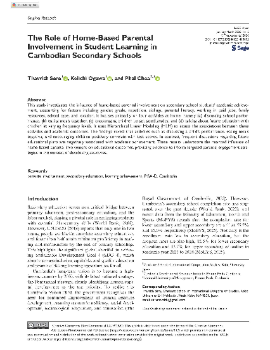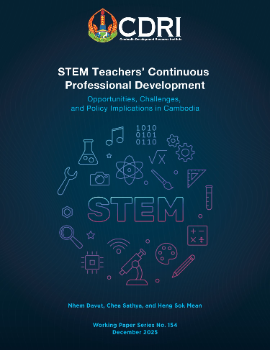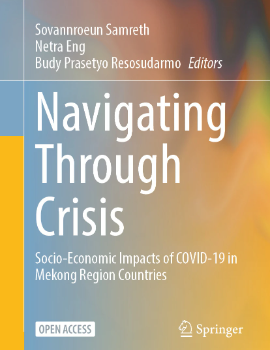
A Quantitative Study on Entrepreneurial Intention of University Students in Cambodia
Keyword: Entrepreneurship education, higher education institutions, entrepreneurial intention, student perceptions, Cambodia's economic development
Abstract/Summary
This study explores the entrepreneurial intentions of Cambodian university students and the factors influencing their aspirations to pursue entrepreneurial careers. Drawing on survey data from 834 students across 19 higher education institutions, the research examines students’ career planning, business engagement, and exposure to entrepreneurship education (EE) and support programmes. Findings reveal strong entrepreneurial interest, with 82 percent expressing intent to start their own business and 61 percent planning to do so within five years of graduation. However, only one-third had actual business experience, indicating a gap between intention and action. Regression analysis identifies key predictors of entrepreneurial intention across three dimensions: individual (personal attributes, ethnicity), family and social (income, perceived societal support), and EE-related (business major, participation in startup programs, perceived institutional support). Notably, gender was not a significant factor. The study highlights the effectiveness of EE in enhancing students’ motivation, knowledge, and skills, while also emphasising the need for more hands-on experiences and startup support. Recommendations include expanding experiential learning opportunities, strengthening university-based startup programs, and fostering entrepreneurial competencies early in education. These insights aim to inform policy and program development to better support Cambodia’s next generation of entrepreneurs.



